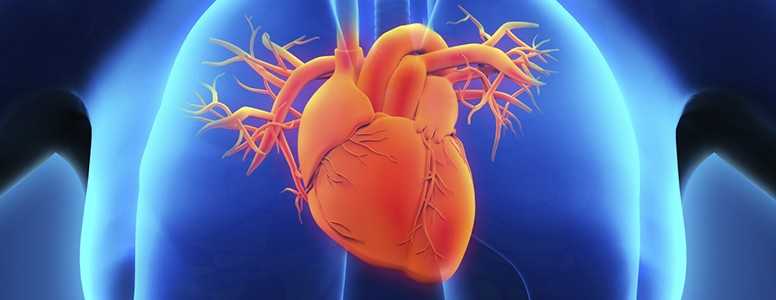A new study comparing a low-fat versus a low-carb diet for heart health has shown that the latter improved fat deposits around the heart, waist circumference and lipids.
This is an important finding as people with type 2 diabetes could in effect limit their risk for associated heart conditions and complications long term by eating a low-carb diet.
Israeli researchers from the University of the Negev and Soroka University Medical Centre looked at which diet was best for avoiding or reducing fat deposits in and around the heart.
Previous research shows that the accumulation of fat in the heart, especially pericardial fat – a small lump of fatty tissue just on the outside of the heart – can increase risks of cardiovascular disease (CVD).
Low-carb and low-fat were put head-to-head for the reduction of fatty deposits as primary ouctome in an 18-month weight loss intervention which involved 80 participants.
The participants had abdominal obesity and a high BMI at the start of the study, and underwent a whole-body magnetic resonance imaging (MRI) to quantify how much intrapericardial fat (IPF) and extrapericardial fat (EPF) was there to begin with.
Researchers then monitored changes with a Mediterranean style-low-carb diet, (including heart health-promoting foods such as walnuts), MED/LC, versus a calorically equal low-fat (LF) diet for the duration of the trial.
While the amount of weight loss was similar in both groups (3.7 kg), the results indicate that low-carb appears more powerful in reducing heart fat deposits and improving other CVD risk factors.
First of all, the MED/LC diet reduced IPF volume twice as much as the LF diet did. Both diets cut down the amount of EPF in participants, but the change was again more pronounced in the MED/LC group.
As the weight went down, participants also saw a more considerable reduction in wait circumference when they ate the MED/LC diet.
At the same time that IPF and EPF were reduced, favourable changes occurred to the lipid profile of participants. No improvement to blood sugar was however seen concurrent with the clearance of fat in the heart.
Reducing IPF was associated with a decrease in triglycerides (TGs ) as well as the ratio of TGs to high-density lipoprotein (HDL) cholesterol, while decreases in EPF sometimes correlated with an increase in standalone “protective” HDL cholesterol.
Therefore, low-carb diets may not only promote higher pericardial fat mobilisatio, but could also potentially improve heart risks across a full spectrum of variables, including cholesterol levels.
In conclusio, a Mediterranean low-carb diet rich in heart-healthy fats seem superior to an LF diet in terms of CVD risk reductions related to hidden fat around the heart.
What's new on the forum? ⭐️
Get our free newsletters
Stay up to date with the latest news, research and breakthroughs.





